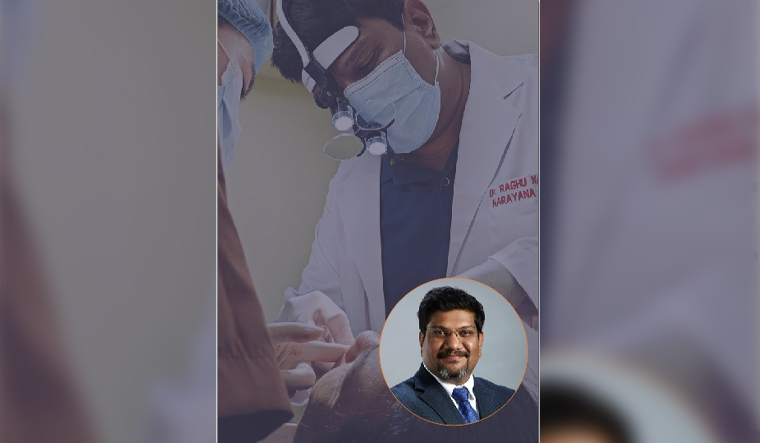The decision to undergo a root canal treatment (RCT) is often a pivotal moment in preserving a damaged tooth. Yet, what follows after this procedure is equally crucial but frequently overlooked – the placement of a dental crown or cap is highly advisable for molars and pre-molars for long-term tooth survival, however, it is not mandatory for front teeth if the tooth is not damaged by caries or fracture. Dr. Raghu Narayan, a distinguished figure in the field of endodontics, emphasizes the significance of capping the tooth to ensure the long-term health and integrity of the tooth.
As Dr. Raghu Narayan aptly asserts, "Root canal treatment saves many teeth that would otherwise have been extracted."
The procedure involves the meticulous removal of infected pulp and subsequent sealing of the canal to prevent further microbial invasion. However, the tooth structurally may have been compromised, relying solely on its remaining walls for support.
Dr. Narayan elucidates, "The tooth left unattended at this stage is prone to fracture due to chewing forces." Indeed, without the vital pulp tissue, the tooth becomes brittle and susceptible to damage. It's akin to leaving a building with weakened foundations standing in the face of inevitable collapse.
Herein lies the necessity of dental crowns post-RCT. These caps serve as a protective shield, fortifying the tooth and redistributing chewing forces to prevent fractures. Dr. Narayan underscores, "A dental crown is the best way to ensure the future health of a tooth following root canal therapy."
Moreover, Dr. Narayan's expertise underscores the importance of precision in endodontic procedures. With over 20 years of experience and a staggering 18,000 RCTs under his belt, his insights are invaluable. His dedication to advancing the field is evident in his role as both a practitioner and educator, shaping the standards of modern endodontic care.
Dr. Narayan's emphasis on comprehensive treatment extends beyond the procedural realm. He emphasizes the importance of patient education and maintenance in preserving dental health. "Maintenance of the crown is similar to natural teeth," he notes, stressing the need for regular oral hygiene habits to prolong the lifespan of the restoration.
In light of these insights, it's imperative to recognize the holistic approach advocated by experts like Dr. Narayan. Dental health is not merely about addressing immediate concerns but also about safeguarding long-term outcomes. Completing the RCT-crown continuum is not just about aesthetics; it's about preserving function and preventing potential complications down the line.
Thus, the decision to undergo root canal treatment marks a significant step towards preserving dental health. However, it's crucial to recognize that the journey doesn't end there. As Dr. Narayan elucidates, the placement of a dental crown is a vital component in ensuring the long-term success of the procedure.
By embracing a holistic approach to dental care, we can safeguard our smiles for years to come.


